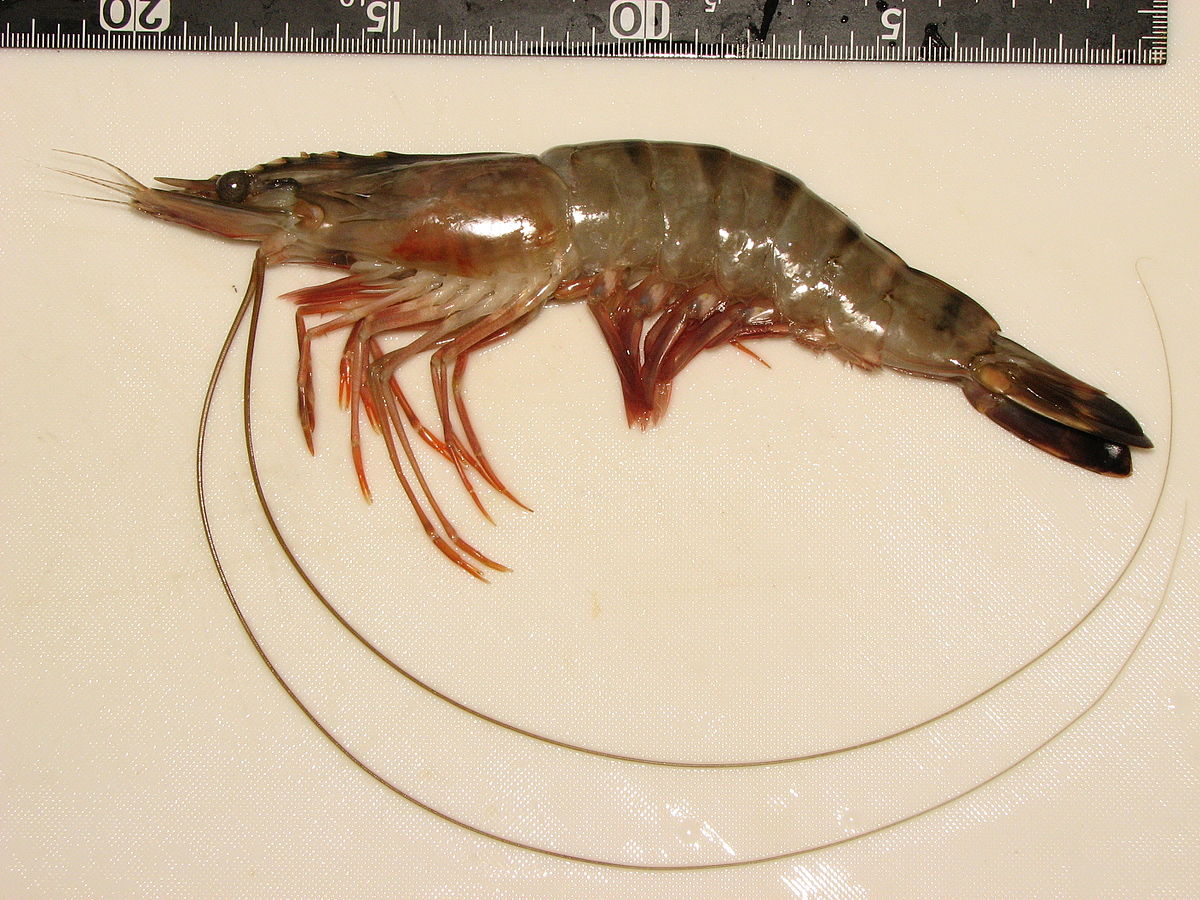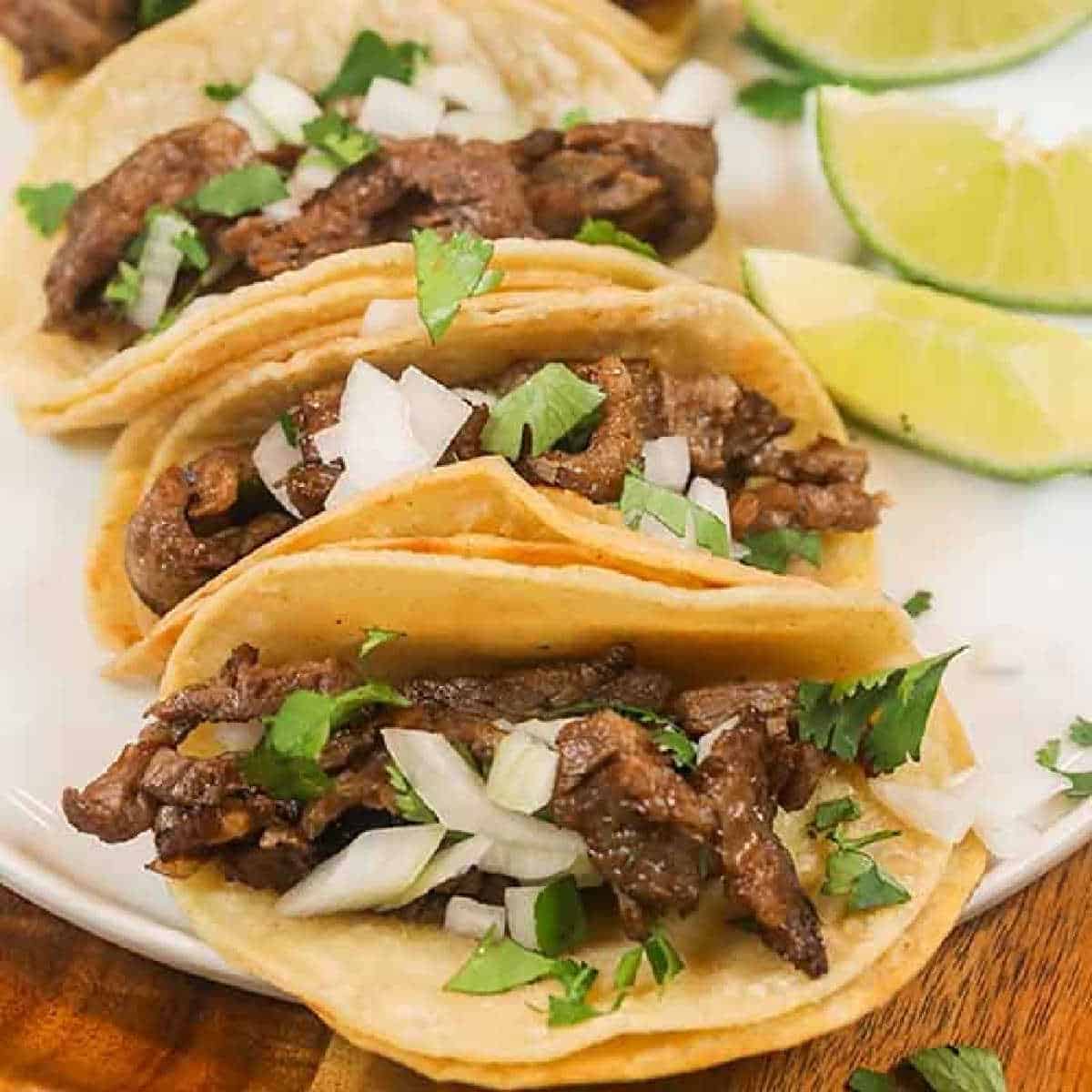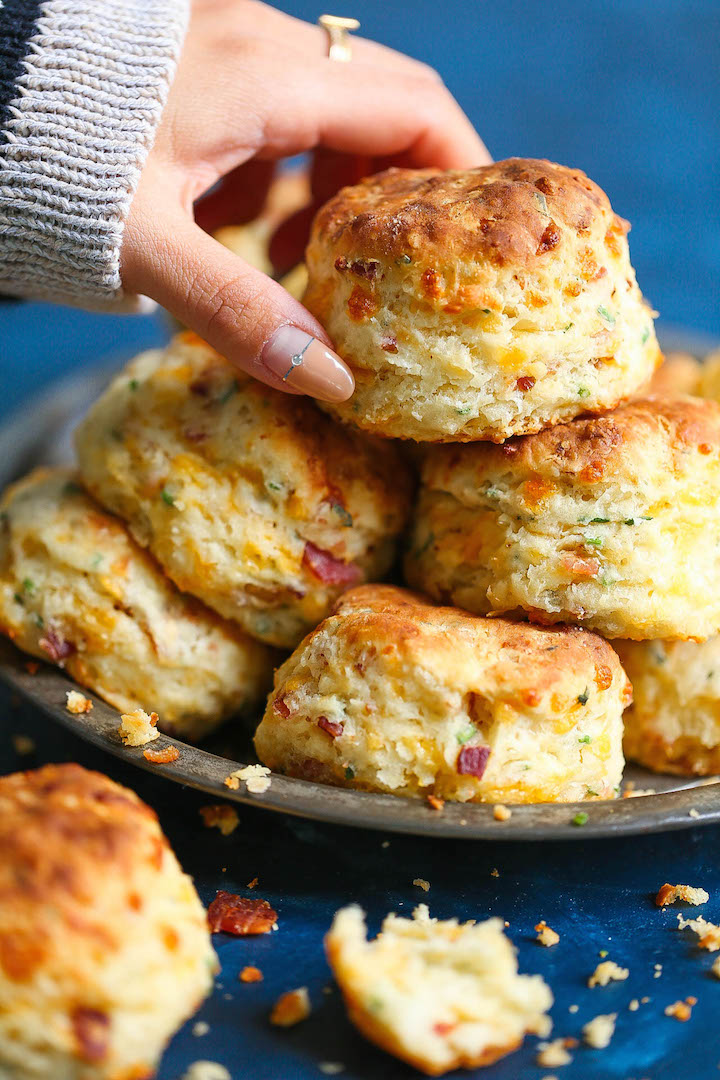- Thread starter
- #61
I'd didn't say they die immediately after harvest, that's another of your erroneous assumptions, which you've made several of.So you say.Long ago. I'd rather go with local crab, Dungeness or King.Raw, or cooked on the half-shell?Don't have many crawfish/crayfish here in the PNW, and they don't look worth the trouble anyway.Tempted to edit for brevity, but ...Did you read post # 28 and understand it?Excuse me Mr. Snarky, I did.If that's all that really matters, and you missed the part of how the terms are often used interchangeably ... than large deal.But a slice/wedge of lemon, or lime, can give an appealing twist of flavor to some beers.I just want to know why beer and lemonade are mixed together. This is not ok. Ever.
That's almost as bad as "centre".
Perhaps not the final word on the matter, but a starting point ...
....
Prawn is a common name for small aquatic crustaceans with an exoskeleton and ten legs (which is a member of the order decapoda), some of which can be eaten.[1]
The term prawn[2] is used particularly in the United Kingdom, Ireland, and Commonwealth nations, for large swimming crustaceans or shrimp, especially those with commercial significance in the fishing industry. Shrimp that are present in this category often belong to the suborder Dendrobranchiata. In North America, the term is used less frequently, typically for freshwater shrimp. The terms shrimp and prawn themselves lack scientific standing. Over the years, the way shrimp and prawn are used has changed, and these days the terms are almost interchangeable.
....
The terms shrimp and prawn are common names, not scientific names. They are vernacular or colloquial terms which lack the formal definition of scientific terms. They are not taxa, but are terms of convenience with little circumscriptional significance. There is no reason to avoid using the terms shrimp or prawn when convenient, but it is important not to confuse them with the names or relationships of actual taxa.[2]
According to the crustacean taxonomist Tin-Yam Chan, "The terms shrimp and prawn have no definite reference to any known taxonomic groups. Although the term shrimp is sometimes applied to smaller species, while prawn is more often used for larger forms, there is no clear distinction between both terms and their usage is often confused or even reverse in different countries or regions."[3] Writing in 1980, L. B. Holthuis noted that the terms prawn and shrimp were used inconsistently "even within a single region", generalising that larger species fished commercially were generally called shrimp in the United States, and prawns in other English-speaking countries, although not without exceptions.[4]
A lot of confusion surrounds the scope of the term shrimp. Part of the confusion originates with the association of smallness. That creates problems with shrimp-like species that are not small. The expression "jumbo shrimp" can be viewed as an oxymoron, a problem that doesn't exist with the commercial designation "jumbo prawns".[5]
...
Taxonomic studies in Europe on shrimp and prawns were shaped by the common shrimp and the common prawn, both found in huge numbers along the European coastlines. The common shrimp, Crangon crangon, was categorised in 1758 by Carl Linnaeus, and the common prawn, Palaemon serratus, was categorised in 1777 by Thomas Pennant. The common shrimp is a small burrowing species aligned with the notion of a shrimp as being something small, whereas the common prawn is much larger. The terms true shrimp or true prawn are sometimes used to mean what a particular person thinks is a shrimp or prawn.[2] This varies with the person using the terms. But such terms are not normally used in the scientific literature, because the terms shrimp and prawn themselves lack scientific standing. Over the years the way shrimp and prawn are used has changed, and nowadays the terms are almost interchangeable. Although from time to time some biologists declare that certain common names should be confined to specific taxa, the popular use of these names seems to continue unchanged.[2][12]
...

Prawn - Wikipedia
en.wikipedia.org
All that did was prove me right...thanks.
Rather petty issue if you ask me.
Not at all.
If you dont understand something research it before posting.
It ain't hard.
In both the fish market and on menus have seen the term used interchangeability and one of the main differences was with size. Besides, in many cases most of the body and/or shell are gone so both look the same, other than size. Where one place has called them "large shrimp" another has called them "large prawns". Meanwhile refer back to the earlier post here on differences between UK-Commonwealth use and USA use of the terms.
Just because you have a custom in Texas doesn't mean it's the same around the world.
Shrimp are shrimp...prawns are prawns.
Thats it.
You claimed it was about size which is nothing close to the truth.
Are crawfish lobsters only smaller? Of course not,they may be related but they're not the same at all.
Crawfish can like prawns live in brackish or fresh water,while lobster and shrimp require salt water.
You have no clue about seafood and I've grown up around it. In fact I worked on shrimp boats in my youth.
I'd suggest you stop now....or are you going to claim oysters are the same thing as mussles.
Or understand my original comment was in response to such?
Have you shopped the fishmarket and frozen food sections and noticed how the terms are interchanged?
Looked at any restaurant menus lately to see how they are interchanged?
When it comes to using the terms interchangeably it is a matter of size.
Meanwhile it's becoming clear your brain is a shrimp.
LOL....as someone who grew up on the gulf coast I know my fish and shrimp.
I bet you call crawfish crawdads.....
...
"Crawfish" redirects here. For other uses, see Crawfish (disambiguation).
Crayfish are freshwater crustaceans resembling small lobsters (to which they are related). In some parts of the United States, they are also known as crawfish, craydids, crawdaddies, crawdads, freshwater lobsters, mountain lobsters, mudbugs, or yabbies. Taxonomically, they are members of the superfamilies Astacoidea and Parastacoidea. They breathe through feather-like gills. Some species are found in brooks and streams, where fresh water is running, while others thrive in swamps, ditches, and paddy fields. Most crayfish cannot tolerate polluted water, although some species, such as Procambarus clarkii, are hardier. Crayfish feed on animals and plants, either living or decomposing, and detritus.[1]
The term "crayfish" is applied to saltwater species in some countries.
...
~~~~~~~~~~~~~~~~
Crayfish - Wikipedia
en.wikipedia.org
As someone whom grew up in the Pacific North West -Puget Sound I also know a bit about fish. For example the geoduck is not your typical mollusk.
There are very few saltwater crawfish/crayfish,in fact they aren't even worth mentioning.
When someone says crawfish they are refering to fresh water crawfish....end of story.
And as we all know the south rules when it comes to crawfish.
How many lbs of crawfish have you boiled?
Me,I couldnt even tell you but it's easily over 12k lbs in my life,or 6 tons, considering we cook over 300 lbs every year and I've done that for the last 35 years.
Go away rookie,you're making yourself look desparete.
Would seem counting coup is important to you, which makes you look like the desperate rookie.
So I guess that means oysters aren't worth the trouble......
We've a lot more oysters here than crawfish/crayfish/crawdads~ and oysters taste better.
I'd be willing to bet you've never had Cajun Crawfish.
I've ordered oysters from Washington state and they suck compared to Gulf coast oysters.
There are numerous varities of oysters here and you may have prepared them wrong. Best to do fresh.
Who the hell eats dead oysters and how exactly does one prepare oysters on the half shell wrong?
I had them overnighted and wasn't impressed.
Excuse me if I find your credibility questionable.
BTW, since oysters can be had in jar and smoked, their are many ways to eat then dead. Usually they have died when eaten raw unless do so immediately after harvested.
One way to do "half shell" is barbecue. Over cook and gets a bit chewy.
I dont eat dead oysters unless they're in a pot of Gumbo.
And you're full of shit when you say oysters die immediately after harvest which leads me to believe you have no clue about oysters.
They'll stay alive for up to a week after harvesting them if they're kept cold.
They need to be kept cold in salt water, preferably same as where they were taken.
Meanwhile, increasingly clear you are concerned with being an ass on the internet rather than any productive dialogue, so you go ahead and ramble on your mental diarrhea, I'm not engaging you any longer. Better things to do with my time and energy.


:extract_focal()/https%3A%2F%2Fpocket-syndicated-images.s3.amazonaws.com%2Farticles%2F6221%2F1618011565_6070e58c13bc5.png)

:extract_focal()/https%3A%2F%2Fpocket-syndicated-images.s3.amazonaws.com%2Farticles%2F5466%2F1598283865_k_archive_15c56d0f2a5e7aa75b7c68fff978d813007e8753.jpg)



:extract_focal()/https%3A%2F%2Fpocket-syndicated-images.s3.amazonaws.com%2Farticles%2F4768%2F1592497868_Dampier-portraitcrop.jpg)


